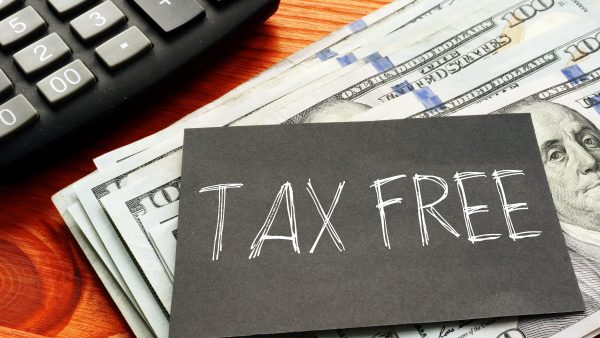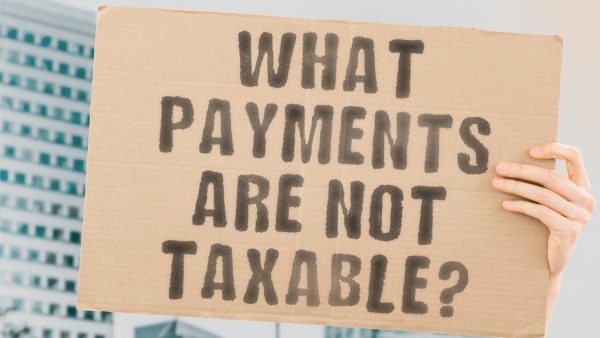Looking for Expert-Level VA Claim Answers?📱Call Us Now! 737-295-2226
Veterans who receive disability benefits from the VA may wonder how those benefits will affect their taxes.
Is VA disability taxable at the federal level? Is VA disability taxable by state? Do 100 percent disabled veterans pay federal taxes?
This guide will answer these questions and more as we take a closer look at how your taxes can be affected by VA disability benefits.
- Is VA Disability Taxable?
- Employment and VA Disability Pay
- Are VA Benefits Taxable?
- Is Disability from the VA Taxable? (FAQs)Frequently Asked Questions
- Is Disability from the VA Taxable?
- Is There a VA Disability Tax Form or W2 for VA Disability?
- Is VA Disability Income Taxable by State?
- Is VA Pension Taxable?
- What States Have No Property Tax for Disabled Veterans?
- Is VA Disability Income Taxable by the IRS?
- Do VA Disability Payments Count as Income?
- Do Taxpayers Pay for VA Disability?
- Is VA Disability Compensation for Life?
- Do Veterans Have to Claim VA Disability on Taxes?
- Conclusion
- NEED MORE ASSISTANCE?

You DESERVE a HIGHER VA rating.
Take advantage of a VA Claim Discovery Call with an experienced Team Member. Learn what you’ve been missing so you can FINALLY get the disability rating and compensation you’ve earned for your service.
Is VA Disability Taxable?
Disabled veterans do not have to pay income taxes on their VA disability benefits, including monthly disability compensation. This is true no matter what VA disability rating you have. Unlike other government benefits, such as Social Security benefits, VA disability benefits are not subject to federal or state taxes.
Do 100 Percent Disabled Veterans Pay Federal Taxes?
For 2024, veterans with a 100% disability rating with no dependents receive a monthly payment of $3,877.22. Just like disability pay at any percentage rating, this payment is not taxable at the state or federal level. This means you can use your full benefit amount to cover living expenses, medical bills, and other necessary costs without worrying about losing a portion of your monthly benefit to taxes.
Taxes and Medical Discharge Payments
If you were discharged from the military due to a medical reason and received a one-time lump-sum payment as a result, you may wonder if this is taxable. The good news is these payments are not taxable, and you can now file for a refund if you previously paid taxes. Based on the 2016 Combat-Injured Veterans Tax Fairness Act, you can now file a claim for credit or refund of taxes paid on any lump sum after January 17, 1991.
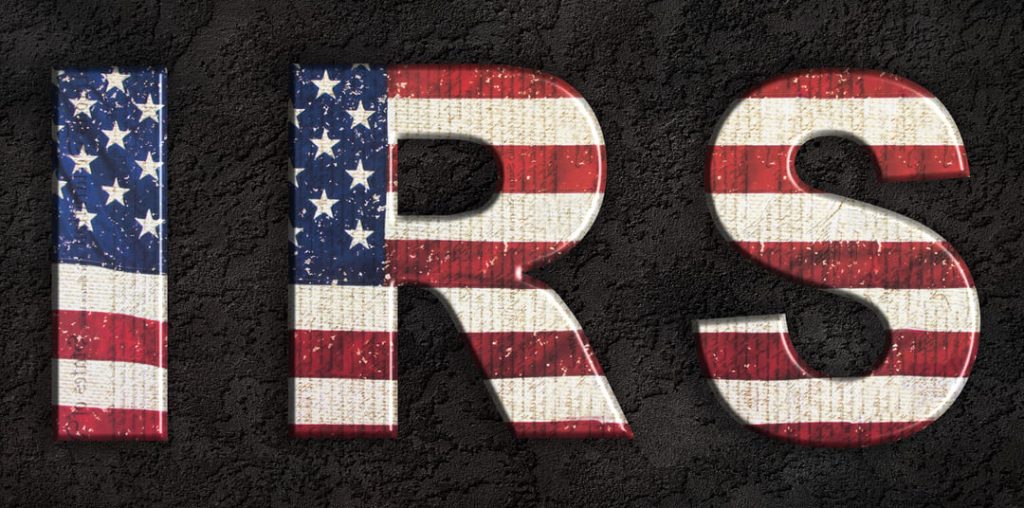
Filing Your Tax Return and VA Disability Pay
The IRS doesn’t require you to declare your VA disability as part of your gross income when filing your previous year’s federal tax return. You don’t need to include any documentation with your taxes to prove that your disability pay is tax-free.
There are a few situations when you want to include documentation from the VA, specifically when filing a federal tax refund.
If either of these applies to you, you may be eligible for a federal tax refund:
- An increase in your rating with a retroactive determination
- If you receive Combat-Related Special Compensation after you’ve been awarded Concurrent Retirement and Disability
You can file an amended federal tax by filing IRS Form 1040X. However, if you receive a 1099-R from the Defense Finance and Accounting Service (DFAS), you likely don’t need to file any additional documents with the IRS, as adjustments have already been made.
PRO TIP: Make sure to include any relevant documentation from the VA explaining why you’re filing an amended federal return. It’s best to sit down with a qualified tax professional if you have any questions about amending a tax return.
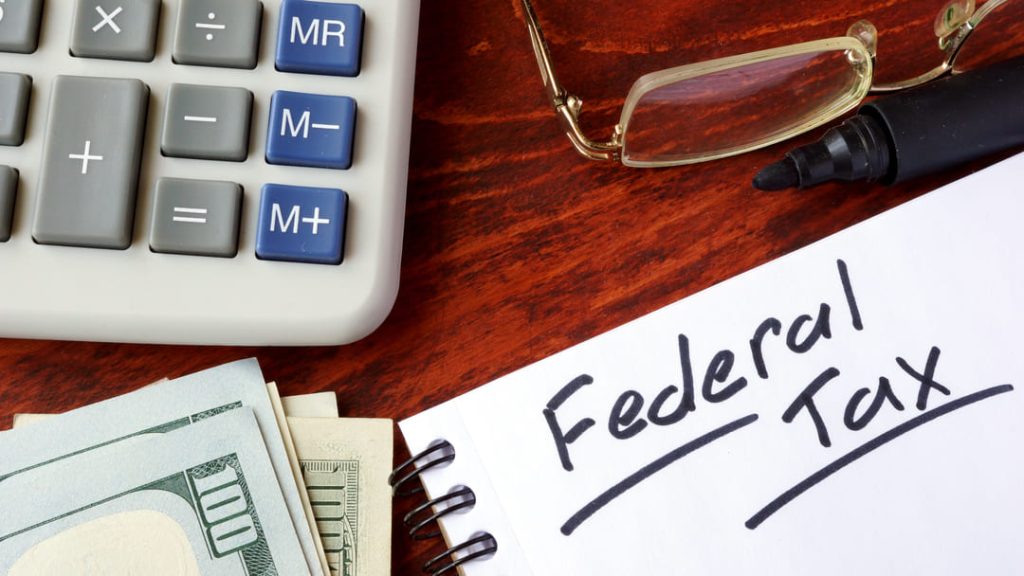
Military Retirement Pay and VA disability Pay
Unlike VA disability pay, military retirement pay is taxable at the federal and state level. That said, the amount of military retirement pay you receive can be reduced by any VA disability payments you get. The amount of this reduction depends on your circumstances, so it’s best to speak with a tax professional if you have questions about how these two types of income will affect your taxes.
If you receive CRDP and are switched over to CRSC, you may be eligible for a federal tax refund (as discussed above).
What if I Also Receive Social Security Disability Benefits?
If you’re receiving both Social Security disability benefits and VA disability benefits, the IRS may require you to pay taxes on a portion of your Social Security benefits. However, you won’t have to pay taxes on any part of your VA disability benefits.
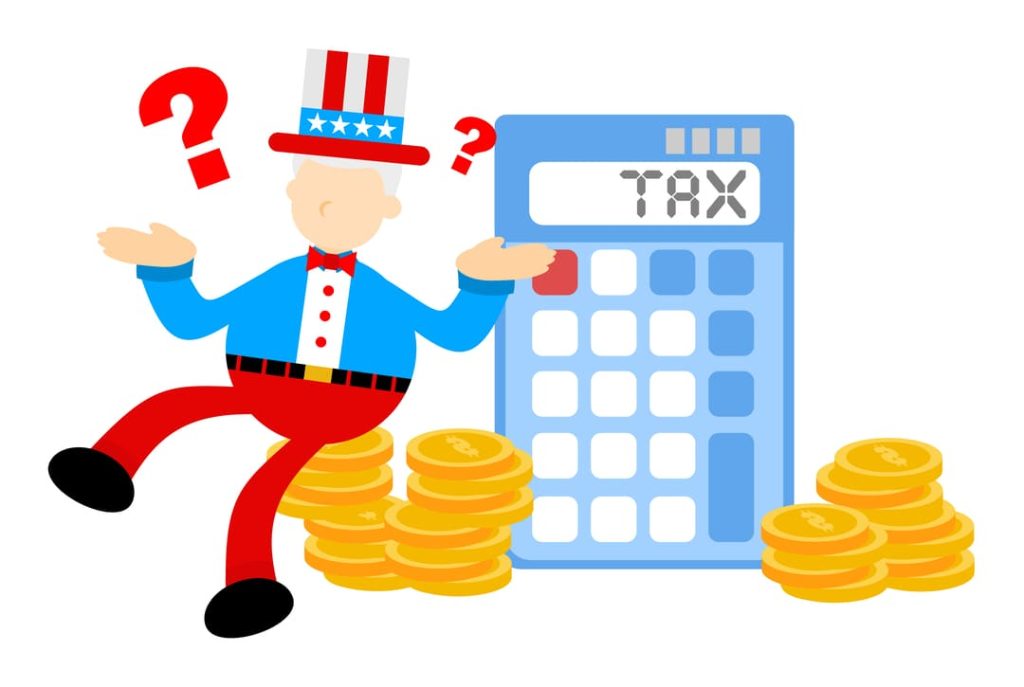
Employment and VA Disability Pay
If you’re working and you have a service-connected disability, you must pay federal income tax on the income from your job. Additionally, you may have to pay state and local taxes. Your state’s tax laws will determine whether or not your income is taxable. However, employment doesn’t impact whether or not your VA disability pay is taxed, no matter what your disability rating is or employment status.
Are VA Benefits Taxable?
In addition to VA disability compensation, if you receive one of these VA disability benefits listed below, you don’t have to pay any taxes on them.
More Disabled Veteran Tax-Free Benefits:
- VA grants for vehicles and modifications if you lost a limb or your eyesight
- VA grants for modifications to your home
- Any payments made through the Program of Comprehensive Assistance for Family Caregivers (PCAFC)
- Payments under the VA’s work therapy program
- VA healthcare benefits
- VA education benefits
- Veterans’ insurance proceeds and dividends
Are VA Disability Benefits Taxable at the State Level?
No. You don’t have to pay state taxes on your VA disability paid to you or your family. Many states within the U.S. also offer tax incentives for veterans as a thank-you for their service. This includes property tax and income tax exemptions, which can be especially beneficial if you receive military retirement pay.
For example, Texas veterans with a 100% VA disability rating are exempt from paying property and state income taxes (as Texas doesn’t collect state income tax).
You can learn more about veteran tax benefits by state (and other state benefits) here.
Is Disability from the VA Taxable? (FAQs)Frequently Asked Questions

Is Disability from the VA Taxable?
No, disability from the VA is not taxable at the federal level. It is considered non-taxable income and not reported on federal income tax returns.
Is There a VA Disability Tax Form or W2 for VA Disability?
No, the VA does not issue a Form W-2 for disability compensation. VA disability benefits are not considered taxable income, so they are not reported on tax forms like the W-2. Veterans do not need to include VA disability compensation on their tax returns.
Is VA Disability Income Taxable by State?
No, VA disability benefits are not taxable at the state level.
Is VA Pension Taxable?
Yes, VA pension benefits may be taxable depending on various factors, such as the amount of income a veteran receives from other sources and their filing status. Veterans who receive VA pension benefits should consult with a tax professional or refer to IRS guidelines to determine their tax liability.
What States Have No Property Tax for Disabled Veterans?
Several states offer property tax exemptions for disabled veterans, but the eligibility criteria and benefits vary by state. States that provide property tax exemptions for disabled veterans include Arkansas, Florida, Hawaii, Maryland, Michigan, New Hampshire, New Jersey, New Mexico, Oklahoma, Texas, and Virginia.
Is VA Disability Income Taxable by the IRS?
No, VA disability income is not taxable by the IRS. VA disability compensation received from the VA is considered non-taxable income at the federal level.
Do VA Disability Payments Count as Income?
No, disability payments, including VA disability compensation, are generally not considered taxable income. VA disability compensation is exempt from federal income tax and does not need to be reported on tax returns.
Do Taxpayers Pay for VA Disability?
VA disability compensation is funded by the federal government and is not paid for directly by taxpayers. It is part of the benefits provided to veterans for their service to the country.
Is VA Disability Compensation for Life?
VA disability compensation can be awarded for varying lengths of time, depending on the nature and severity of the disability. In some cases, disability compensation may be awarded for life if the disability is considered permanent and total. However, VA disability ratings and benefits may be subject to review and adjustment over time.
Do Veterans Have to Claim VA Disability on Taxes?
No, veterans do not have to claim VA Disability compensation on their tax returns. VA Disability compensation is not considered taxable income and therefore does not need to be reported to the IRS.
Conclusion
VA disability benefits are a vital source of income for many veterans. These tax-free benefits can provide much-needed financial assistance for veterans unable to work due to a service-related injury or illness. The more your VA disability rating increases, the more tax-free money you will receive.
Contact our team of expert Veteran Coaches today if you need help winning your VA claim or increasing your VA rating.

NEED MORE ASSISTANCE?
Most veterans are underrated for their disabilities and, therefore, not getting their due compensation. At VA Claims Insider, we help you understand and take control of the claims process, so you can get the rating and compensation you’re owed by law.
Our process takes the guesswork out of filing a VA disability claim and supports you every step of the way in building a fully-developed claim (FDC)—so you can increase your rating FAST! If you’ve filed your VA disability claim and have been denied or have received a low rating—or you’re unsure how to get started—reach out to us! Take advantage of a FREE VA Claim Discovery Call. Learn what you’ve been missing—so you can FINALLY get the disability rating and compensation YOU DESERVE!

Trisha Penrod
Trisha Penrod is a former active-duty Air Force officer. As an Intelligence Officer, she led teams of analysts to apply advanced analytic skills to identify, assess, and report potential threats to U.S. forces.
Trisha attended the U.S. Air Force Academy and holds an MBA from Webster University. After receiving an honorable discharge in 2018, Trisha worked as a growth marketer and utilizes her analytic skills to help others accomplish their business goals.

